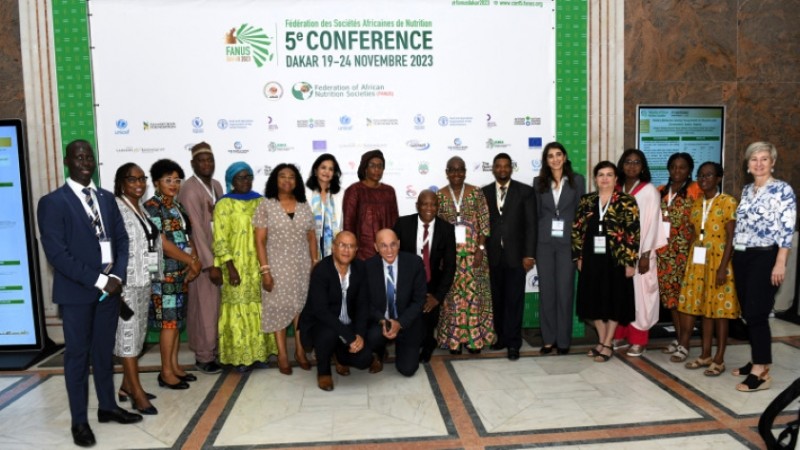
In a significant move towards supporting Africa's nutrition professionals, the International Atomic Energy Agency (IAEA) has unveiled a Master’s Programme in Nutrition and Nuclear Techniques. The launch took place at the 5th Federation of African Nutrition Societies (FANUS) Conference in Senegal, where the program aims to cultivate a cadre of experts equipped with skills in stable isotope and nuclear techniques related to nutrition.
Crafted in collaboration with health and nutrition professionals from 22 African countries, the IAEA's comprehensive curriculum covers international and African nutrition landscapes, epidemiology, statistics, and cutting-edge nuclear and stable isotope techniques. The initiative received enthusiastic support from delegates at the FANUS Conference, who viewed it as a crucial step in addressing the pressing need for targeted professional education on the continent.
Ngozi Nnam, President of FANUS, commended the program for providing additional avenues to assess nutritional status using isotope technology. She recommended its swift adoption by African universities, emphasizing its potential to educate experts capable of leading the application of innovative technology across diverse areas within the nutrition field.
The two-year Master’s Programme includes practical components such as fieldwork assignments and thesis preparation, ensuring that students gain hands-on experience in applying their acquired knowledge. Designated as official teaching centres, the University of Ghana, the International University of Rabat, Université Cheikh Anta Diop, and North-West University play integral roles in delivering this groundbreaking education.
Jeffrey Mphahlele, Deputy Vice-Chancellor at North-West University, South Africa, highlighted the program's alignment with global challenges, particularly the United Nations Sustainable Development Goals. Already underway in Morocco, the Master’s Programme commenced in South Africa in February 2024, with approval processes in Ghana and Senegal.
As the largest gathering of nutrition professionals, the FANUS Conference serves as a fitting platform for the introduction of this ambitious program. This IAEA-supported initiative holds the promise of addressing the nutritional challenges faced by Africa, providing a cadre of professionals armed with innovative tools to assess and navigate nutrition outcomes.
Article by Nyokabi Wanjiku
Photo/Google

Comment